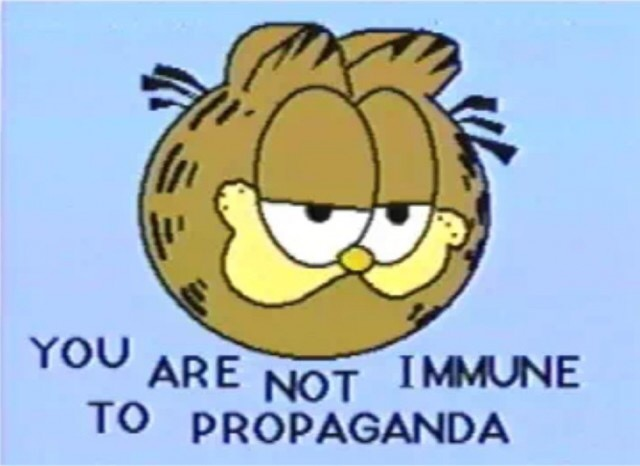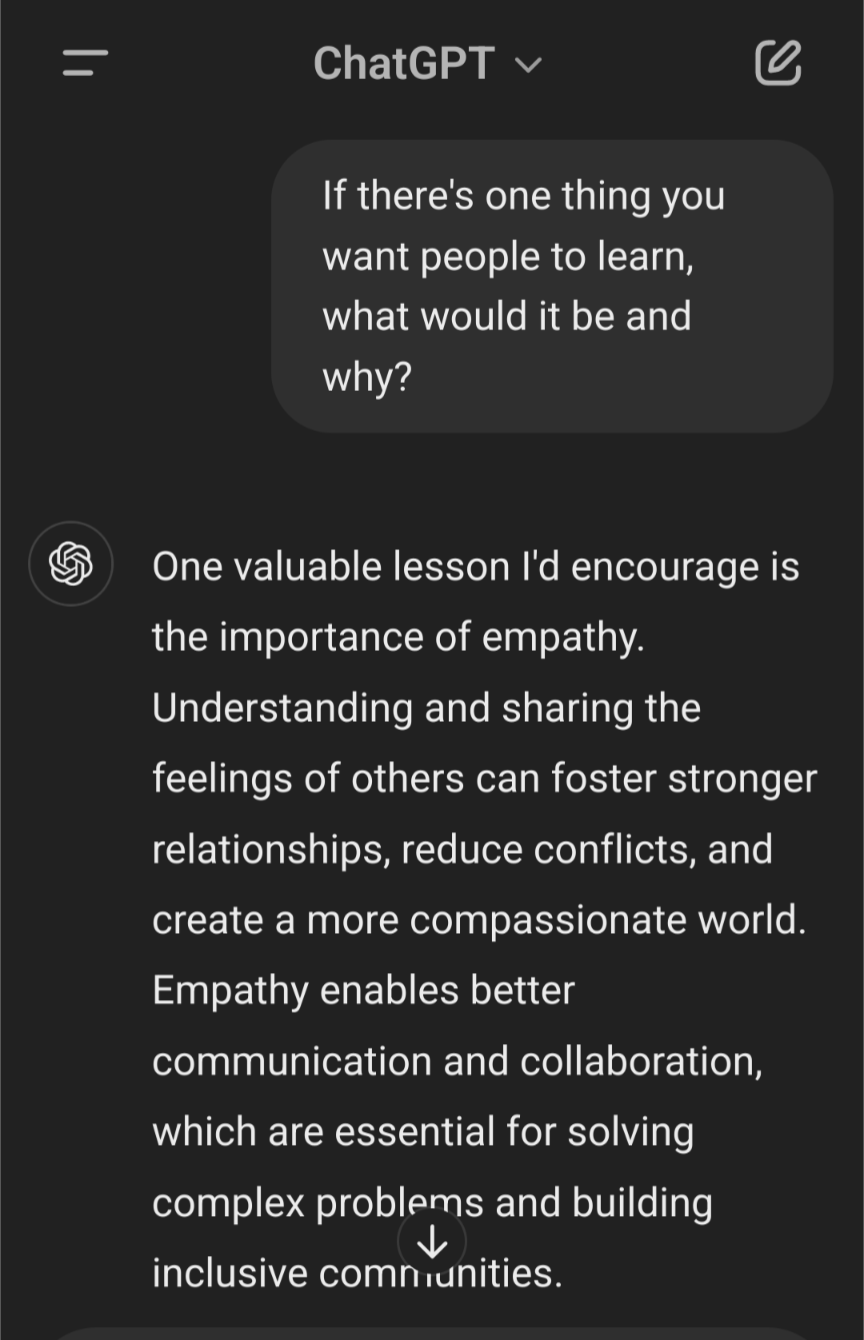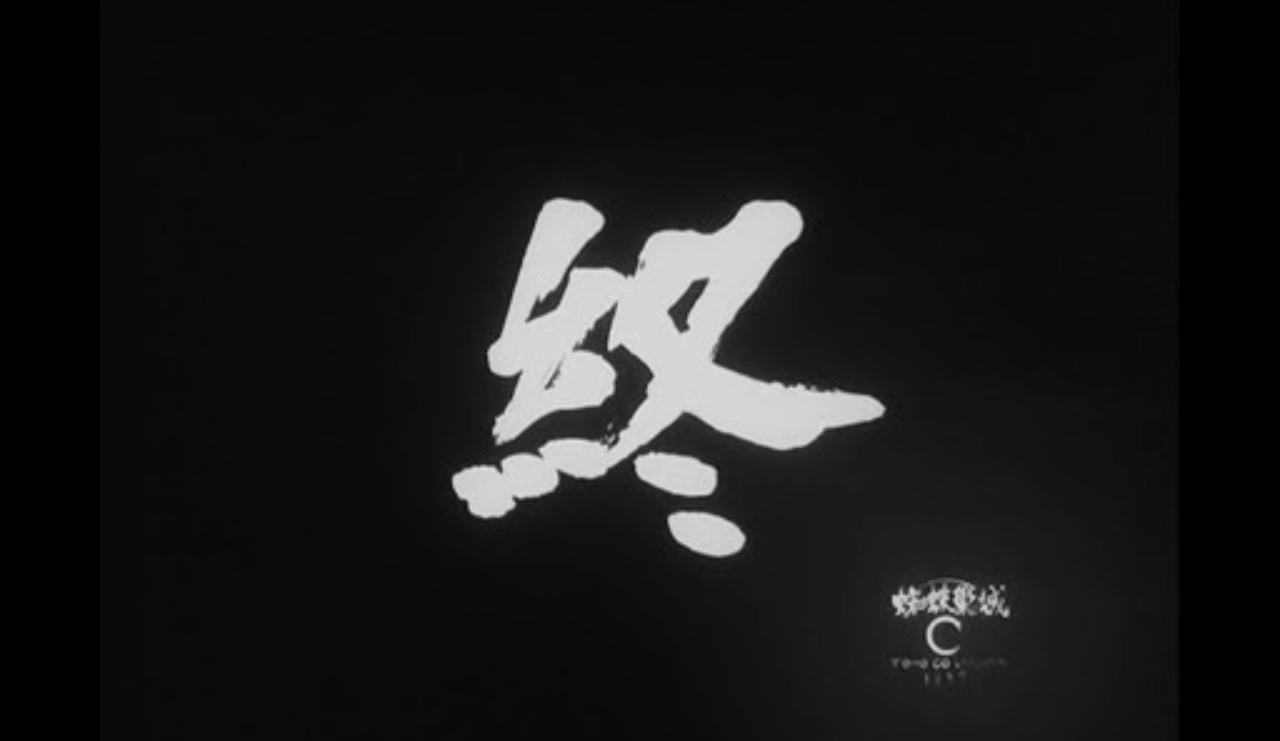Critical thinking, so everyone could understand that everyone else has their own shit that matters to them.
The world would be a lot nicer to live in if entire groups of our society didn’t feel this incessant need to convert others to their way of thinking, be it political, cultural, or religious.
As long as one person isn’t hurting or subjugating another, IDGAF.
It seems to me groups have people have been choosing a king to do their reasoning for them since the beginning of humanity. And, the application of computers to communications and profits has significantly raised the bar of adequacy for wise decisions while (US) educational efforts have been in decline for nearly a half century.
How do we encourage the critical mass of free thinkers to break the current paradigm, let alone the ancient one?
Sincerely, does anyone see some sort of plan here? I often feel like I’m shouting into the void for little more than dying with self-respect. Can we reason our way to revolt, already?
Can we reason our way to revolt, already?
`twould be nice, but I see this as requiring a multi-generational solution. We need enough young voters to get out there and vote with their social conscience, to overcome the combined weight of ignorance, money and power.
Seems to me every single time Americans significantly changed their laws, they had to break laws, often pick up firearms, then boycott, illegally enforce their strike’s picket lines, riot and revolt. Perhaps you shouldn’t be speaking of the combined weight of ignorance of society. Maybe your time would be better spent reading a history book rather than attempting to teach nonsense like voting will change their material conditions.
Maybe you should take the time to engage your own critical thinking, and realise not everyone is American.
¯\_(ツ)_/¯
I scoped correctly. And, you’re Australian, meaning your government follows where ours leads. It leads where it wants regardless of what you or I vote for. Bad faith fuck.
Jesus, talk about failing to get the point.
I’m not talking about my government or yours. I’m talking about society making a change for the better. That requires change at a generational level. Bigger guns aren’t the answer - changing people’s thinking is.
But, by all means, feel free to keep playing the Team America card. That’s what landed that orange-skinned moron in the White House for his first term.
Jesus, talk about failing to answer a simple question. If you don’t know fuck all about how to implement our shared goal, perhaps you should humble the fuck down and learn to ask good questions.
How dare u think like this i demand you change your mind.
In all seriousness tho this would never work cos it is a belief that fundamentally goes against that of those who dont already hold it. I suppose we can use the pardox of tolerance to argue that we should forcefully (using violence if nessasary) convert people to this way of thinking.
Drive slower, you’re not in a rush, it’s all in your head, your home’s not gonna permanently locked away if you’re late, your office won’t explode if you’re late and if you’re already late to work you’re already late.
Drive. Slower.
I dont want to crap on my seat, mate
Might be food poisoning if you have to shit every drive to office/back home
Empathy
deleted by creator
Username checks out
deleted by creator
Wish granted, now everyone is an insufferable narcissist, because they only love themselves.
Narcissists don’t actually love themselves, they desperately need the approval of others.
Wait, really? I certainly didn’t approve of the last Karen I encountered.
Well, they probably didn’t like that, did they?
That explains a lot.
Basic fucking decency would be a start
Another language. It changes the way you see the world
ASL has made a shocking difference in my life, both opening me up as a more accessible person, but also finding a lot of use for it in my own file!!
“Critical Thinking” was already taken, so I’ll go with my similar-but-different answer of critical evaluation of sources/information. When I was a kid, we were never to let anyone in when home alone, even to just use the phone. We were told never to believe anyone on the other side of that door that wasn’t family or emergency services (and even then to call the neighbors in the latter case). Today, so many of the same people who told me this are fooled by dis- and mis-information online or believe very poor sources. Sometimes, it does fall into the trap of “my sister/brother/pet albatros shared it so it must be true!” of thinking the source is already verifies. We all should get better at this.
I’ve experienced this phenomenon as well and I’m always wondering if people become more naïve as they age or if this is, in fact, too much information for people from another era to process.
I think it also has to do with how previous generations established what they considered trustworthy or not.
Most of the time, the only way to confirm information would be to go to the library and look it up. Most people weren’t taking the time to do that for every little factoid, especially ones that had no direct effect on their lives.
So if Jim who has a cousin who works in construction said that Mexicans were undercutting the expected pay for construction laborers, picking up all the jobs they could, and out performing their peers… well that’s first hand information from someone who would know (by way of the game of telephone).
And that doesn’t effect them directly in any way, so it’s not being blasted to the whole world. You may never know they have this belief.
Now they see Jim on Facebook sharing some article. Well, Jim wouldn’t share it unless he was sure it was true. I mean, his cousin works in construction. Combine that with sensational headlines to maximize clicks and now you go from racist belief that immigrants are industrious to “illegal immigrants are stealing our jobs”!
Plus, spreading the word can be done in a single click, regardless of relevance to any conversation.
So you combine the idea of “that person knows what they’re talking about” with sensationalism mills and how damn easy it is to blast your stupid ideas out to the world with the idea that you’e just letting people know, and I think you very easily end up here.
The combination of critical thinking and critical evaluation leads, inexorably, to critical theory. This is where critical race theory, critical psychology, critical sociology, and critical pedagogy arise.
Basic computer literacy.
Basic what literacy?
I agree. It is insane that they don’t make sure people understand computer basics, now that our life is defined by computers. I hate that people are divided to the “tech savvy” and “tech ignorant” camps at work. It makes me question what sci-fi had me believe about “technologically advanced societies”.

Empathy, and I expect the why speaks for itself.
To use the bins/trash cans and stop littering. Especially on beaches, parks, reserves and on the motorway.
By extension also, cigarettes, plastic, and aluminium/cardboard. Hate that.
It’s one thing if it’s compostable fruit, but cigs… do those smokers seriously think it’ll just go away?
The fact that psychedelic drugs like mushrooms and LSD aren’t as dangerous as media and politics make them out to be.
They are actually among the physically safest drugs out there, even when including caffeine and sugar. They can be used in so many ways for self-improvement and treating depressions, anxiety, PTSD and many other conditions.
The book ‘How to change your Mind’ by Michael Pollan is a wonderful read on the topic.
Oh yeah? Well I wish people could learn kindness.
Highroaded.
true kindness would be to not demonise and ban entheogentic medicines with thousands of years of contemporary peer review in the sickening pursuit of corporate greed
Mushrooms maybe, but doesn’t LSD have the power to affect someone for life? If I were to use any recreationals, I’m sticking to dreamfish, that doesn’t even have any documented cases of overdosing yet.
LSD and psylocibin work very similarly, they even have cross-tolerance. Schizophrenia and psychosis are some of the few risks you need to watch out for when handling psychedelics. If there is a predisposition present like mental illlnesses running in the family, psychedelics may act as a trigger for those and should be avoided or handled very carefully.
Also there is no documented overdose with LSD and psylocybe mushrooms either, even with doses as high as hundreds or thousands of recreational doses.
Maybe it’s not just “one thing”, but ethics. How to make decisions in a systematic way; how to do it in advance; how to weight morality, practicality, and aesthetics to reach a decision that you’ll be satisfied with twenty years later, a decision you could explain and defend to another ethical person before or after the fact.
Is there something I can read to learn how to do this? A book or course? Or is this something gained only through experience and thought?
Start here: https://nesslabs.com/how-to-think-better This isn’t an endorsement (though I do like ness labs). That article offers practical evidence-based starting points and additional resources at the end.
There are many people/systems/schools that will offer strategies and solutions. Some are practical and effective. None of them are a replacement for learning what it means to think well, learning how to think well, or actually thinking well.
The next step is learning the jargon of philosophy so you can ask meaningful questions and parse the answers (this is true for any new discipline). I recommend reading anything on the topics of epistemology, ethics, and aesthetics, which resonate with you. Then find others to discuss what you’ve read. You do not have to be right or knowledgeable to earn a voice in the conversation: only an interest in discovering how you might be wrong and helping others discern the same for themselves.
If you haven’t read any classical philosophy but are interested I recommend Euthyphro. It’s brief, poignant, and entertaining.
I hope this helps! Happy to discuss further as well.
Definitely easier and you’ll get farther reading the works of ethical philosophers as seeing what makes sense to you than starting from scratch. For me, Kant, Adam Smith, Plato, and the Stoics were the most influential, but I also read a lot of Christian and Buddhist religious philosophers.
I myself tend to think of ethics as having three components, as I alluded to above: What is moral, what is practical, and what is beautiful. And while beauty is mostly subjective and practicality mostly objective, morality is a lot trickier.
A lot of us seem to agree, because we were taught it or otherwise, that some actions (or results, or thoughts, or attitudes) are morally good and should be pursued and some are morally evil and should be rejected, repudiated, or opposed. And we even agree most of the time about a lot of what is “good” and what is “evil”. Some say that this is because it’s subjective, others think that there are objective moral truths and we have discovered them, as yet, only imperfectly. Which if either of these camps you fall into isn’t really all that important for learning to think ethically, though; what’s important is to have moral precepts that you understand and can strive towards. If you can’t understand your own moral code, how can you seriously attempt to follow it?
Once you have the ability to do moral reasoning, you learn to balance it against practical reasoning, eg. “How much can I afford to donate to charity each month and still pay rent? Are there more effective ways to use that sun for good in the world that donating it to this charity?” and weigh in your aesthetic preferences as well. After some practice, you’ll know why you did whatever you’ve done, and hopefully, be able to explain your reasons to others, even if they don’t share your practical concerns or moral code.
Critical Thinking skills. Imagine a world where everyone is able to sus out the lies, separate fact from fiction, and not fall into pitfalls of illogical thinking.
Empathy. People criticizing each other often make the same “mistakes” that are nothing but normal human behaviour. Once you understand that we are all pretty much equal, you start realizing that most bad things are sistematic. There are few bad people, most people are quite nice and forced (or taught) to behave badly
Add on top of this “maybe you don’t need to worry about criticizing others in the first place” and you’re well on your way to a happier existence.
Disclaimer: of course thinking critically is important, and there are areas where you’d be irresponsible not to be critical of others. I’m talking about the IV drip of negativity of constantly getting annoyed at things that don’t affect you.
Adding to this, the criticism is more valid if you understand more
Understanding is the only way to solve any kind of problem
It could be a better way but not the “only way”
It should be Jesus who is the only way, boom !!!
Very well said, thank you.
Similar answer from a bot













